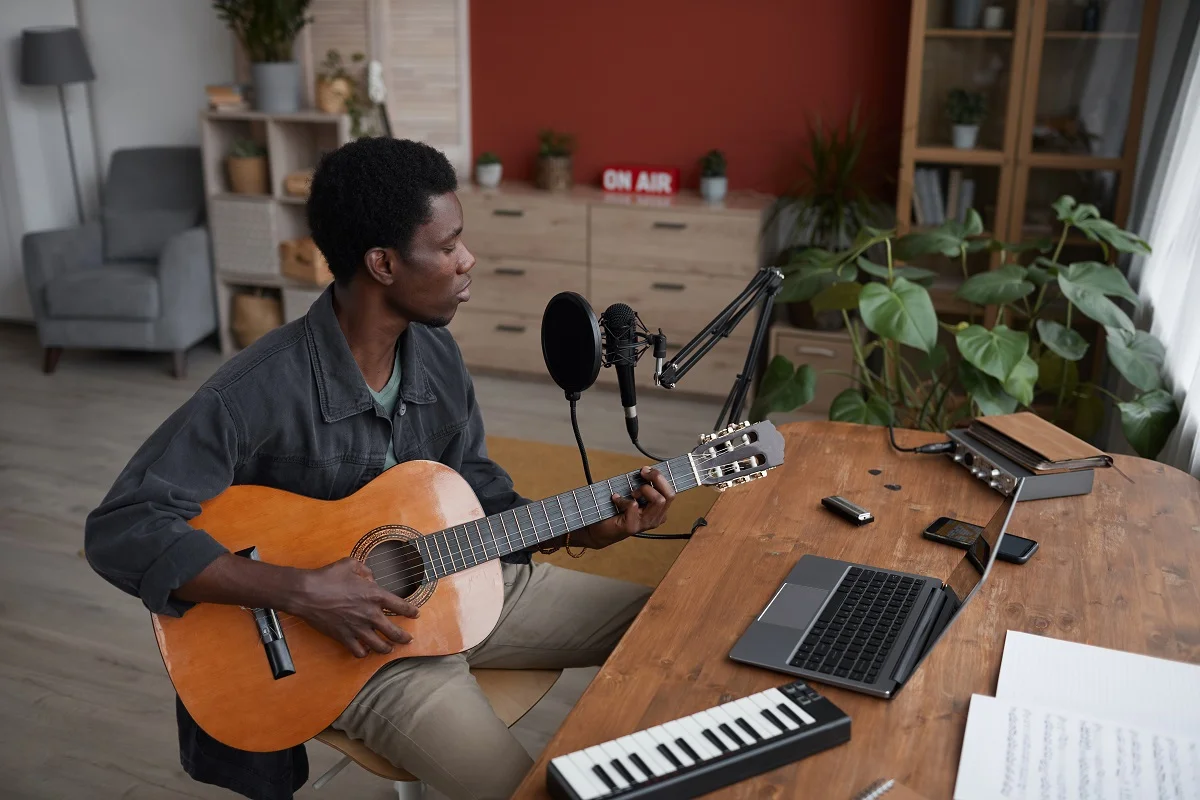A music publishing deal is a contractual agreement between a songwriter or artist and a music publisher. Music publishers play a vital role in managing, promoting, and monetizing the musical compositions of songwriters. In exchange for their services, music publishers receive a percentage of the royalties generated by the songs they represent. Music publishing deals typically involve the transfer of copyright ownership or the granting of exclusive rights to exploit the songs for a specified period.
Types of Music Publishing Deals
There are several types of music publishing deals that artists and songwriters may encounter in the industry. Understanding the nuances of each type is crucial for making informed decisions about which deal aligns best with their goals and aspirations. Some common types of music publishing deals include:
- Traditional Publishing Deal: In a traditional publishing deal, the songwriter assigns a portion of their copyrights to the music publisher in exchange for royalty collection and administration services. The publisher may also provide creative support, pitching songs to artists, and securing placements in films, TV shows, and commercials.
- Co-Publishing Deal: A co-publishing deal involves the songwriter retaining a portion of their copyrights while assigning the remaining share to the music publisher. This arrangement allows the songwriter to benefit from both the publisher’s expertise and a direct stake in the royalties generated by their songs.
- Administration Deal: An administration deal differs from traditional publishing deals as it does not involve the transfer of copyright ownership. Instead, the music publisher provides administrative services such as royalty collection, licensing, and pitching songs for placements in exchange for a percentage of the earnings.
- Sub-Publishing Deal: A sub-publishing deal is a partnership between a music publisher and a sub-publisher in a different territory or region. This arrangement allows the sub-publisher to exploit the songwriter’s works in their designated territory while ensuring proper royalty collection and administration.
Negotiating a Music Publishing Deal
Negotiating a music publishing deal requires careful consideration of various factors to ensure that the agreement is fair, beneficial, and aligned with the artist’s long-term objectives. Here are some key points to keep in mind when negotiating a music publishing deal:
- Royalty Split: Clarify the percentage of royalties that will be shared between the songwriter and the music publisher. Ensure that the split is competitive and reflective of the services provided by the publisher.
- Rights Granted: Define the scope of rights granted to the music publisher, including the territories covered, the duration of the agreement, and the types of exploitation permitted.
- Creative Control: Maintain creative control over your songs by specifying any approval rights you wish to retain regarding song placements, adaptations, or changes.
- Revenue Streams: Discuss how the music publisher plans to exploit your songs across different revenue streams, such as mechanical royalties, performance royalties, synchronization licenses, and more.
- Term Length: Determine the duration of the publishing deal and whether there are options for renewal or renegotiation after the initial term.
Protecting Your Rights in a Music Publishing Deal
As artists delve into the realm of music publishing deals, it is crucial to safeguard their rights and interests throughout the negotiation and contract signing process. Seeking legal counsel from entertainment attorneys or music industry professionals can provide valuable guidance and ensure that the terms of the agreement are fair and equitable. Understanding the intricacies of music publishing contracts, copyright law, and royalty structures can empower artists to make informed decisions that protect their creative works and financial well-being.
Conclusion
Getting into a music publishing deal can open doors for songwriters, but it also requires careful thinking and understanding. Whether you’re handing over some rights or just asking for help managing your work, it’s important to know what you’re agreeing to. With the right support, smart choices, and legal advice, artists can protect their work while reaching a wider audience and growing their income.
Key Takeaways:
- Know what you’re giving up and what you’re getting in return
- Some deals give you more control than others
- Not all deals involve giving away your rights
- Always understand how long the deal lasts
- Ask how your songs will be used and where
- Make sure your share of earnings is fair
- Protect your ability to say “yes” or “no” to big decisions
- Get help from someone who knows the legal side
- Choose deals that match your goals, not just short-term gain
- Stay informed so you don’t lose control of your music
For aspiring musicians looking to deepen their knowledge and skills in music business and contract negotiations, consider exploring the “NYU x Billboard | Music Industry Essentials” online course and certificate program offered by Yellowbrick. This comprehensive program can provide valuable insights and practical tools to excel in the dynamic world of music publishing and copyright management.







